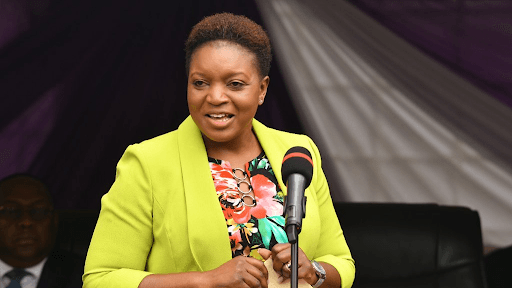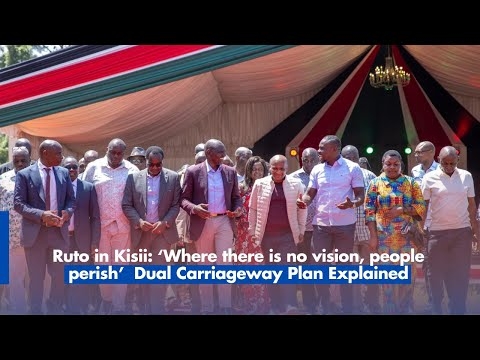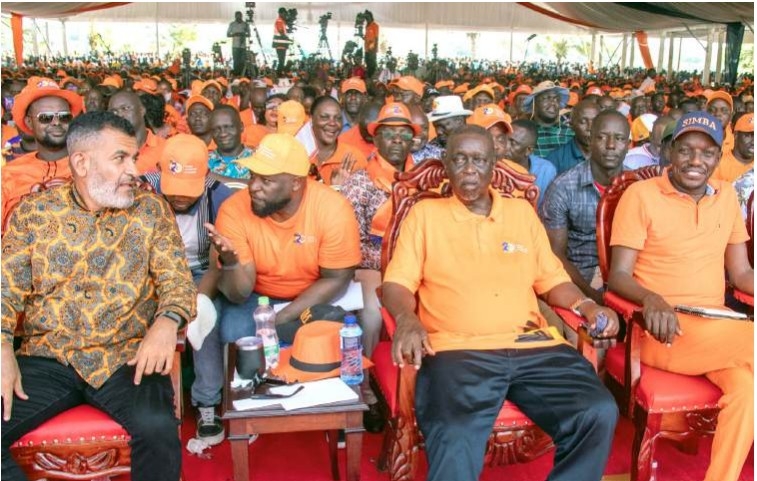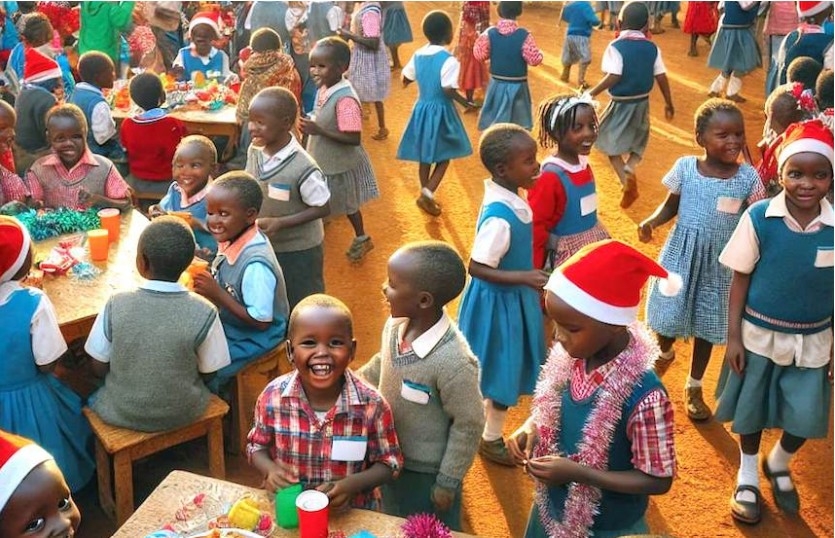Growing up in the wilds of Kajiado county, Mana Omar knows first-hand the struggles women face in search of water during the arid months, a search that has grown harder and harder as rains become less and less dependable.
The walk to the river is dangerous. Predators have mastered the routes these women take. The women's vulnerability is intensified at night when, without a source of electricity, they must trudge through the darkness.
The predators, however, are human. Often disguising themselves as fishermen, the sexual predators prey on women walking alone. The threat they represent is not only a constant source of anxiety for women in these communities but also a cause of further abuse when women return home late because they were afraid to walk alone.
“We are also talking about women coming home after facing these problems, only to encounter an angry husband because they returned late from the river. So, there's physical and emotional abuse,” Omar said.
Earlier this year, Omar and her team at Spring of the Arid and Semi-Arid Lands (SASAL) uncovered some of the underlying causes of gender-based violence in her community.
“From our research, we identified several causes, and one of them was vulnerability to climate change,” she said.
In response, Omar, a Maasai pastoralist's daughter, pioneered a village designed to be both a climate-resilient village and to prevent opportunities for gender-based violence. The model village is named Enkang.
"Enkang is a Maasai word meaning home,” Omar said.
“We're trying to create a village where women will feel safe,” she said.
The model village, while promoting collaboration among genders, incorporates climate resilience at its core to tackle the issue of gender-based violence. Since its founding in September, Omar’s village has grown to 63 households with 357 beneficiaries.
“We have programmes around water, clean energy and sanitation, which is another driver of gender-based violence."
Situated close to the river, the village saves women from the long, dangerous walk to access water. However, the model village is far from complete. Omar plans to set up a reliable solar energy system to harness the community’s abundant sunlight.
She is also considering improving the building’s architecture.
“We want to improve the houses, keeping it in a traditional way but with improved materials, so it’s not a burden to women during the heavy rains accompanying El Nino.”
However, Omar’s progress with the village has not been without challenges.
“It's really hard to engage with communities. We've had fights and have been chased away. We've had launches interrupted by community members because they thought we were bringing something negative. These are experiences people don't talk about,” Omar said.
She said the attitude of the community members has discouraged NGOs in the past, leading some to leave in frustration.
“A common trait among pastoralist communities is their perception. It's really hard to convince them to move from patriarchal structures. Even when a woman is raped and tries to report the case, they're told it's normal. Just keep quiet,” she said.
Amid ingrained cultural beliefs, Omar’s journey gives her hope that her community members will come around, too.
"You see, I'm from (the) society, and I've embraced change."
"Our aim is that, by the end of maybe three years, we can replicate the model village throughout the entire community.”













![[PHOTOS] Three dead, 15 injured in Mombasa Rd crash](/_next/image?url=https%3A%2F%2Fcdn.radioafrica.digital%2Fimage%2F2025%2F11%2Fa5ff4cf9-c4a2-4fd2-b64c-6cabbbf63010.jpeg&w=3840&q=100)

